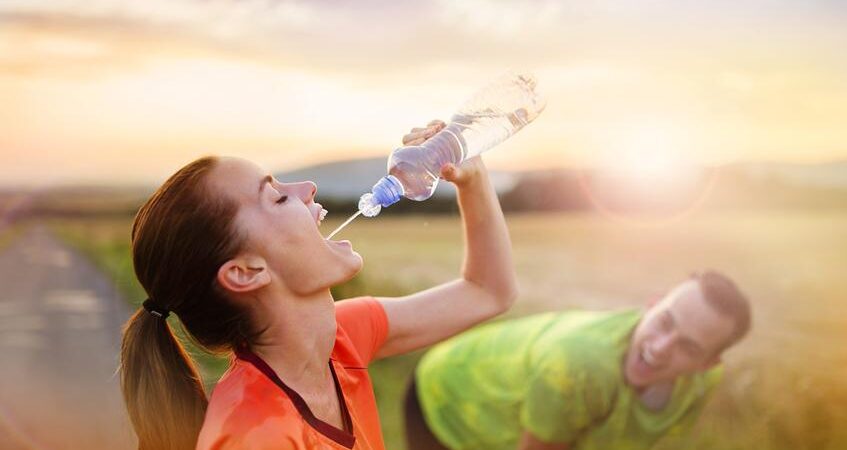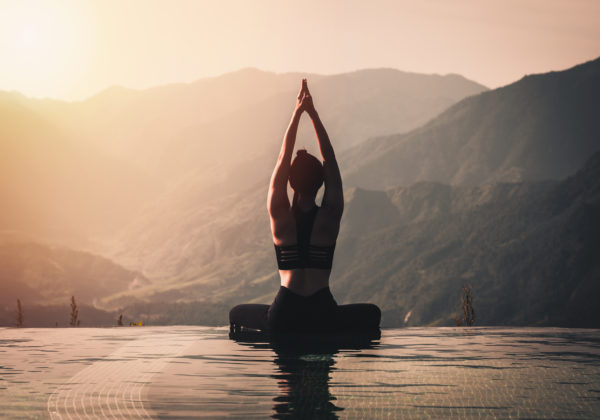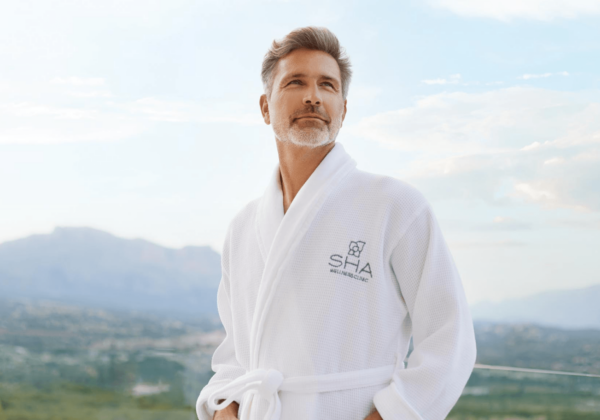
SHA Magazine SHA Magazine
10 nutritional tips for sportspeople
If you practice sport or moderated exercise, you will get great benefits: activation of lymphatic and blood circulation, lungs’ oxygenation, increase of energy, improvement of the immune system, better liquid elimination and endorphins’ generation. To get all these benefits, diet should be healthy to have the necessary energy and nutriments to make your body work softly, without any excesses. Here are 10 nutritional tips for sportspeople to make the most of their training:
1) Complex carbohydrates to keep high glucose levels in your blood and prevent you from having hypoglycaemia. If you want a good resistance without getting tired, the key is in getting good glycogen provisions and making a good use of them.
Cooked whole cereals and pulses.
2) Cereals will help your muscles not to be weak, so you don’t lose strength, and not very hard, so ligaments don’t break.
Millet in burgers, brown rice in paella, wheat in spaghettis, oat flakes for breakfast…
3) The quantity of iron that sportspeople need, is superior to anybody else’s.
Whole cereals, seeds, pulses, algae, green leaves, fish.
4) Protein needs of sportspeople are bigger than the ones of a sedentary person, that’s why it is important to include lysine and methionine amino acids in the diet.
Pulses, fishes, cereals.
5) I nevertheless recommend having a diet low in proteins so the metabolic products’ load will be reduced at the maximum and will be eliminated by the kidneys, which will result in less water loss.
6) Body has to be well hydrated before and after practising sport. Food has to be rich in water. If the exercise has been long, you have to recover water and electrolytes. The more efficient way to do it is having 3-years-old tea, as bancha or kukicha with umeboshi plum.
7) It is better to practice sport 2 or 3 hours after eating.
– Practicing sport after breakfast: oat flakes, whole rice or millet porridge with some almond milk, some sesame or pumpkin seeds; perfect to get all the energy you need.
– Practicing sport after lunch: whole pasta as first course and fish with lightly cooked vegetables as a second course.
– If sport will take some hours I recommend a continuous glucose intake. For instance, mochi tablets or onigiri balls.
8) Avoid eating carbohydrates of high glycaemic level as sugar, honey, potatoes, fruits juices, white bread and pastries among other things…
These foods suddenly increase insulin concentration, making that the great part of glucose is stocked as fat and do not permit to use it well.
9) To practice sport, muscles don’t have to be too weak or strong. For that, salt, eggs, red meat, alcohol, sugar, tropical juices or too many fruits can’t be included in the diet.
10) It is important to avoid water excess, that could get your kidneys tired, and that will make you sweat more. Avoid dehydrated food as dried fruits.
I hope these tips will be useful and that you can benefit even more of your training!





